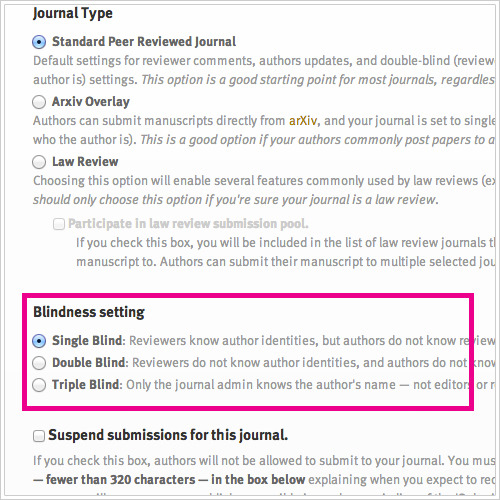
Wanted to share some of the high level take-aways that Team Scholastica has been tossing around as we grow the business and improve academic publishing. I posted the following comment as part of a lively debate about open science on the blog of Fred Wilson, one of the principles at Union Square Ventures.
Feel free to post thoughts on this site, or on Fred’s blog post where the original comment lives.
As a startup working on making more of the process transparent in order to increase the quality and speed of scholarly publishing, there are a few challenges we’ve faced that might be of interest to anyone considering how to implement changes to how scholarship works:
Aligning the business model with the value production model in academia. We’ve seen very few examples of academic journals, departments, or individual scholars receiving direct benefit when the value they create is leveraged for profit, specifically in the publishing world – and so many scholars react with alarm or confusion at the unknown idea of profit sharing either directly or through donations to scholarly charities.
Offering both academic career incentives AND professional service incentives. Much of the scholarly production and publishing activity happens as non-critical career activity, meaning much of the work that is related to but not at the center of your personal career development: journals are often managed by graduate students developing their careers, reviewers are volunteers working on their own research, journal editors have a whole host of other administrative duties within their departments. This creates a conundrum where the system would benefit greatly by improved technology, but in any individual case the benefits are scaled down because there are few full-time employees to realize the immediate benefits.
The decentralized nature of the scholarly enterprise. Even with all the institutions and professional organizations creating bridges between scholars, the core unit of reward within academia is still the individual career or individual-recipient grant, and so technological solutions need to be framed with this unit of analysis in mind in order to achieve enough adoption to achieve the secondary benefits for the system as a whole. Technology tends to scale well, but scholarship still happens on a very individualized levels, and catering to the latter to achieve the former is an important implementation challenge.
– Brian Cody, Team Scholastica







